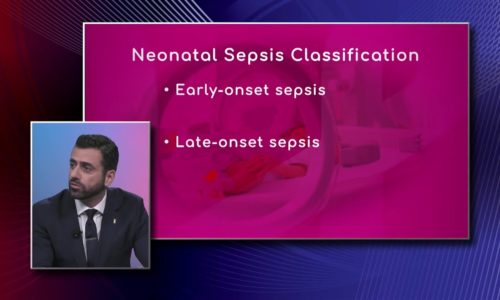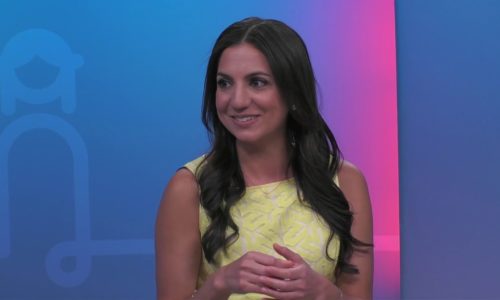Navigating Academic Challenges and ADHD |

Academic challenges can profoundly impact children—not just in the classroom, but in their social interactions, family dynamics, and self-esteem. In an episode of Ask the Doctor, Dr. Scarlet Constant, a Board-Certified Pediatrician based in Miami, tackles some of the most pressing questions about academic difficulties and ADHD, providing valuable insights for parents and caregivers.
Spotting the Signs
Children struggling academically may exhibit warning signs such as difficulty completing assignments, test-taking anxiety, or challenges maintaining focus. Dr. Constant emphasizes the importance of early identification to address these issues effectively. Whether it’s ADHD or another learning difficulty, understanding the root cause is key to supporting your child.
Addressing ADHD: A Parent’s Guide
One viewer, Pamela, asked about ADHD and treatment options for her 8-year-old daughter. Dr. Constant explained that ADHD (Attention Deficit Hyperactivity Disorder) often presents as inattentiveness, hyperactivity, or a combination of both, which can interfere with learning and classroom behavior. While medication is an option, it’s not always the first line of treatment. Strategies such as tutoring, behavioral therapy, and study skills development can be highly effective, especially for children with inattentive tendencies.
For children with hyperactivity, Dr. Constant recommends creating structured environments and considering medication only when necessary, in consultation with a pediatrician. She reassures parents that ADHD doesn’t define a child’s future, as many learn to manage symptoms with maturity and tailored support.
Understanding Learning Disabilities
Another parent, Janie, inquired about the Vanderbilt Assessment and how to evaluate for learning disabilities. Dr. Constant clarified that the Vanderbilt tool screens for ADHD, not learning disabilities. For concerns about learning disabilities, she recommends collaborating with the school to initiate evaluations or seeking psychoeducational testing through a psychologist. Public schools often offer free assessments and individualized education plans (IEPs) to support children with specific needs.
Creating a Supportive Home Environment
Simone, a parent preparing her twins for first grade, asked how to foster a love of learning at home. Dr. Constant shared tips such as:
- Limiting screen time to encourage reading and interactive activities.
- Engaging children in fun, educational games like Scrabble or puzzles.
- Promoting creative writing through daily journaling or storytelling.
She emphasizes that learning should feel enjoyable, not forced, to instill a positive attitude toward education.
Demystifying IEPs
Ariel, the parent of a 10-year-old with severe dyslexia, wanted to know more about individualized education plans (IEPs). Dr. Constant explained that IEPs are tailored learning strategies developed by schools to address a child’s specific needs. Accommodations may include extra time for reading, alternate methods of instruction, or one-on-one support. Parents are encouraged to work closely with schools to ensure the IEP meets their child’s needs.
Supporting Children with Learning Disabilities
For parents like Avery, whose children face academic challenges while transitioning to a new school, Dr. Constant advises open communication with teachers and school administrators. Sharing previous evaluations and accommodations ensures a smooth adjustment while minimizing stigma. Schools are equipped to provide confidential support, helping children thrive academically and socially.
What Teachers and Counselors Can Do
Caroline’s question about the role of educators highlighted the importance of teacher and counselor involvement. Teachers observe daily academic performance and behavior, while counselors can track trends in test scores and grades. Together, they play a crucial role in identifying issues early and guiding parents toward appropriate interventions.
Practical Steps for Concerned Parents
Dr. Constant emphasizes the importance of being proactive. If your child struggles with schoolwork or shows signs of disliking school, start by speaking with their teacher to understand the challenges. Consider formal evaluations if necessary and work with your pediatrician to explore tailored solutions.
For those navigating ADHD or academic difficulties, treatment goes beyond medication. Tutoring, therapy, and environmental adjustments can significantly improve outcomes.
Submit Your Questions
Have questions about your child’s academic journey? Submit them to Ask the Doc: No Appointment Needed at questions@allhealthtv.com or visit the Ask the Doctor page at AllHealthTV.com.








